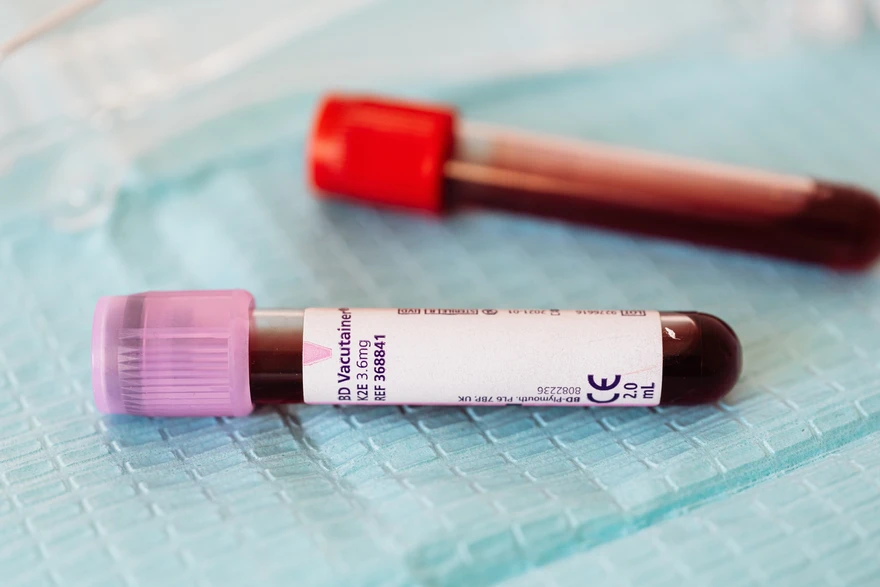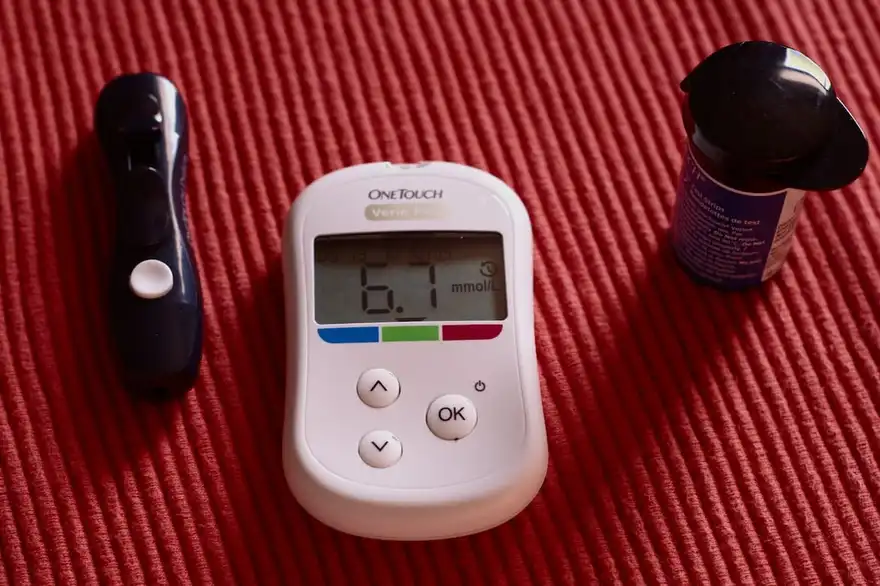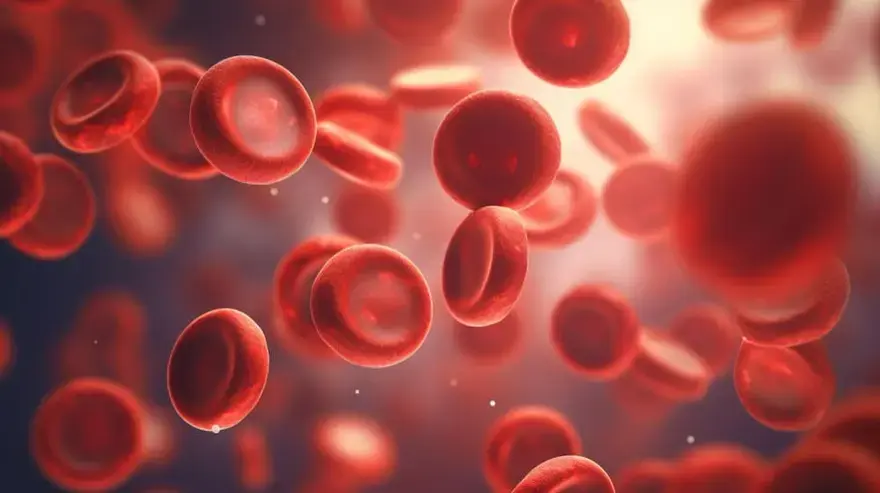Preventive Healthcare
What is Folic Acid: Understanding Benefits, Food Sources and Deficiency
1361 Views
0

What is Folic Acid
Folic acid, or vitamin B9, is a crucial nutrient that offers a wide range of health benefits. Since the body cannot produce this vitamin, it is termed an essential vitamin. Folic acid, a water-soluble vitamin, like others in the B vitamin group, plays a vital role in various bodily functions, ranging from cell growth, development to DNA synthesis and repair.
An adequate amount of folic acid intake is particularly recommended and important during pregnancy. It helps prevent birth defects in the baby's brain and spine. However, the benefits of folic acid extend far beyond pregnancy.
Folic acid supports heart health, helps in red blood cell production, promotes mental health and contributes to overall vitality. Let's delve deeper into the health benefits of folic acid and the best ways to add them to your diet.
Recommended Dietary Intake of Folic Acid
Your body gets its daily dose of folic acid from the foods you eat. The folic acid requirement varies depending on age:
- 14 to 19 years: 400 mcg
- During pregnancy: 400 to 800 mcg
- During lactation: 500 mcg
Your doctor will be able to tell you the right amount of folic acid you require. Not everyone is recommended to take supplements as they may interact with other medications.
Health Benefits of Folic Acid
Some key advantages of folic acid include:
- Cellular health: Folic acid plays a crucial role in the synthesis and repair of DNA, which is essential for the growth and division of cells. This vitamin supports the production of healthy red blood cells, promotes tissue growth, and aids in the proper functioning of the nervous system.
- Prevents birth defects: Adequate folic acid for pregnancy helps in the development of the neural tube in the fetus, which eventually forms the baby's brain and spinal cord. Sufficient folic acid intake reduces the risk of neural tube defects, such as spina bifida, ensuring the baby's healthy development.
- Cardiovascular health: Folic acid contributes to heart health by helping to reduce levels of homocysteine (elevated levels of this amino acid increase risk of cardiovascular diseases). Maintaining optimal levels of folic acid can support a healthy heart and reduce the risk of heart-related conditions.
- Mental well-being: Folic acid participates in the production of neurotransmitters like serotonin, dopamine, and norepinephrine. These neurotransmitters are responsible for various functions, including mood regulation and emotional well-being. Some studies have shown that adequate folic acid consumption may cause a reduced risk of depression, improved cognitive function, and enhanced overall mental health.
- Supports energy production: Folic acid is involved in the metabolism of carbohydrates, proteins, and fats, contributing to the production of energy in the body. Sufficient levels of folic acid support optimal energy levels, combat fatigue, and promote overall vitality.
- Cell regeneration and repair: Folic acid is essential for cell growth, repair, and regeneration throughout the body. For this reason, it helps maintain healthy skin, hair, and nails. Cell regenerative properties of folic acid support the body's natural healing processes.
Deficiency of Folic Acid
While most people get their daily folic acid requirement, sometimes low folic levels may be observed. Here are a few consequences of folic acid deficiency:
- Risk of neural tube defects: Folic acid deficiency during pregnancy can significantly increase the risk of neural tube defects in newborns. Neural tube defects are serious birth defects that affect the development of the brain and spinal cord, leading to conditions such as spina bifida.
- Megaloblastic anaemia: Folic acid deficiency can result in a type of anaemia called megaloblastic anaemia. This condition is characterized by the production of abnormally large and immature red blood cells, that are unable to function properly. Megaloblastic anaemia can lead to symptoms such as fatigue, weakness, shortness of breath, and pale skin.
- Impaired cognitive function: Folic acid is crucial for brain health and cognitive function. Inadequate folic acid levels have been associated with poor cognitive performance, including memory, concentration, and problem-solving difficulties.
- Increased risk of cardiovascular disease: Folic acid deficiency is linked to elevated levels of homocysteine, an amino acid associated with an increased risk of cardiovascular disease. High homocysteine levels can contribute to blood vessel damage, impaired blood flow, and an increased risk of conditions like heart disease, stroke, and peripheral artery disease.
- Poor growth and development: Folic acid is crucial for proper growth and development in children. A deficiency during childhood can lead to impaired growth, delayed development, and neurological abnormalities.
To Sum Up
Maintaining adequate levels of folic acid is essential for overall health and well-being. From preventing neural tube defects in newborns to supporting cardiovascular health, cognitive function, and cell regeneration, folic acid plays a crucial role in various bodily processes.
Pregnant women need to ensure sufficient folic acid intake to support the healthy development of their babies. Whether through dietary sources or supplements, prioritizing folic acid can have far-reaching benefits. By being mindful of your folic acid levels and incorporating folic acid-rich foods into your diet, you can take proactive steps towards optimizing your health.
If you suspect your folic acid is low or wish to know your vitamin profile, book a comprehensive vitamin test at Metropolis Labs today!
 Home Visit
Home Visit Upload
Upload












1715579024.webp)

1701259759.webp)









 WhatsApp
WhatsApp